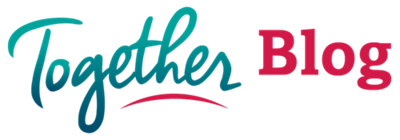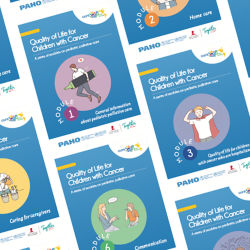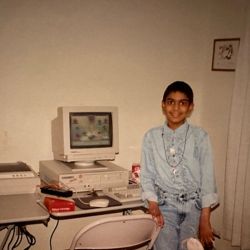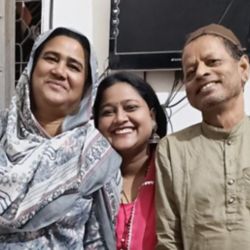A Positive Impact: Making Connections, Helping Fellow Survivors
Read this article in Spanish.
When I was 7 years old, I woke up one morning with a paralyzing pain in my back. The pain kept me in bed for several days. For weeks, we visited clinic after clinic seeking a reason for my pain. Finally, I was diagnosed with acute lymphoblastic leukemia (ALL).
For 4 years, I had chemotherapy in a public hospital in Guadalajara, Mexico. This painful and challenging experience led me to reconsider my perception of life and myself.
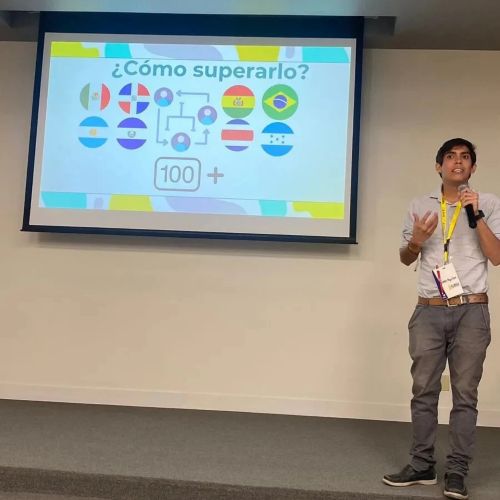
Carlos Frías is president and co-founder of Faros de Vida, a Latin American network of childhood cancer survivors.
A new outlook on life
My cancer experience motivated me to strive to make the world a better place. My goal is to be a source of joy and to inspire others. That is why I decided to study education and become a schoolteacher.
I am also committed to the cause of childhood cancer and survival. From 2019 to 2021, I joined the team at Centro de Apoyo a Niños con Cancer (CANICA) in Guadalajara. They helped support me during my treatment.
As a result of my work with CANICA, I took part in the XIII Childhood Cancer International Latin America (CCI LATAM) congress in Urubamba, Peru. There, I met more childhood cancer survivors from across the continent.
The other side of survival
About 95% of children who survive ALL will have long-term effects of their illness and its treatment. Because they may lack support and information, they often face social struggles and other consequences. This affects the quality of their lives.
Resources for childhood cancer survivors are scarce. Information about survivorship is often written for researchers and health care professionals. This is challenging for survivors, who may feel isolated.
Together we can become an example of life and make this world a better place—living to inspire.
Support networks for survivors
It is crucial to address survivors’ needs. Patients and families need places to chat, ask questions, and learn about cancer. Survivors can offer hope and resilience to other survivors, patients, and families.
To help, CCI LATAM gathered survivors from across Latin America for an annual congress. These meetings led to the start of Faros de Vida, a network of childhood cancer survivors. This survivor network focuses on identifying and addressing psychological, physical, social, and emotional needs of childhood cancer survivors.
Faros de Vida worked with other institutions and health care experts to develop a survey. The goal of the survey was to identify the main educational needs of survivors in the region.
We collected nearly 100 responses. We found survivors lack information on:
- Side effects of treatment
- Anxiety
- Emotional regulation
- How to readjust to life and society
- Workplace and social discrimination
We also found few survivors have access to follow-up care in Latin America. About 98% of survey respondents said they dealt with issues related to:
- Long-term and late effects of treatment
- Lack of informational resources
- Mental health
- Social reintegration and discrimination
- Relationship, school, and work difficulties
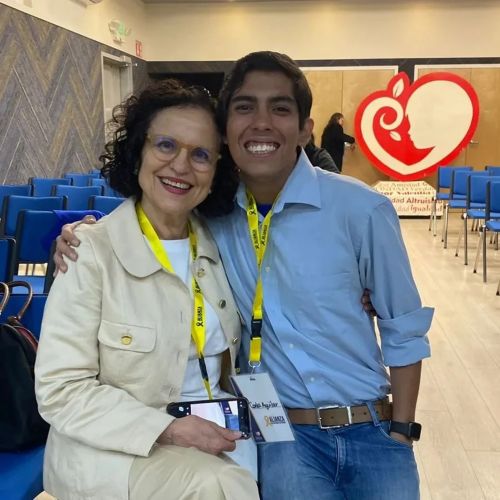
Carlos Frías, along with Marcela Zubieta, president of CCI LATAM, advocates for childhood cancer survivors’ rehabilitation and reintegration in Latin America.
Closing the gap through knowledge
Faros de Vida has taken part in meetings throughout Latin America addressing the need for survivor rehabilitation and reintegration. The network also works with other survivor groups such as:
- Pro Sobrevivientes from Venezuela
- Somos Vencedores from Bolivia
- Proyecto Mano from Europe
These groups offer children and teens a place to talk with other survivors and health care professionals.
These collaborations have produced new ideas. They have expanded Faros de Vida’s reach. For example, a psychiatrist from the network recently held a workshop sharing tools to measure, understand, and process emotions.
A purposeful life
Since the start of Faros de Vida in 2020, my colleagues and I have worked to ensure that the network continues to provide programming based on community needs. We have activities and tools available for all who want them.
Faros de Vida is a space where survivors can feel safe to talk about their fears and doubts. They can share and learn from other survivors. We foster healthy interaction among members to face challenges and redefine their experience. Together we can become an example of life and make this world a better place—living to inspire.
To learn more about Faros de Vida, visit Faros de Vida LATAM or send an email to redsobrevivientesglobal@gmail.com.

